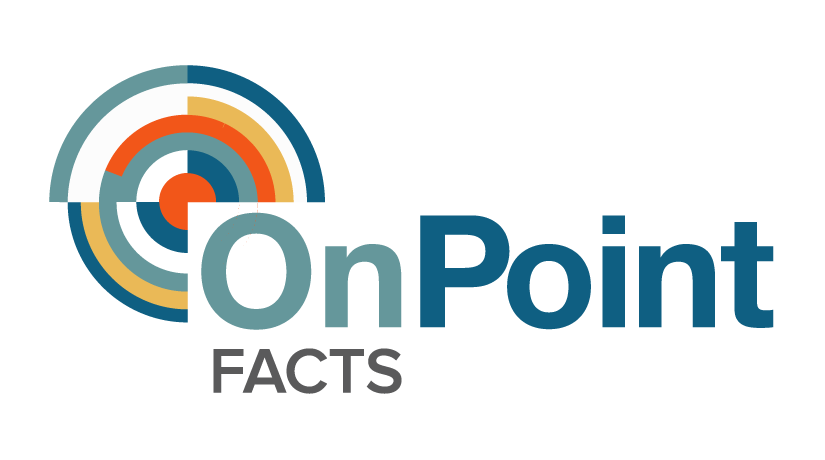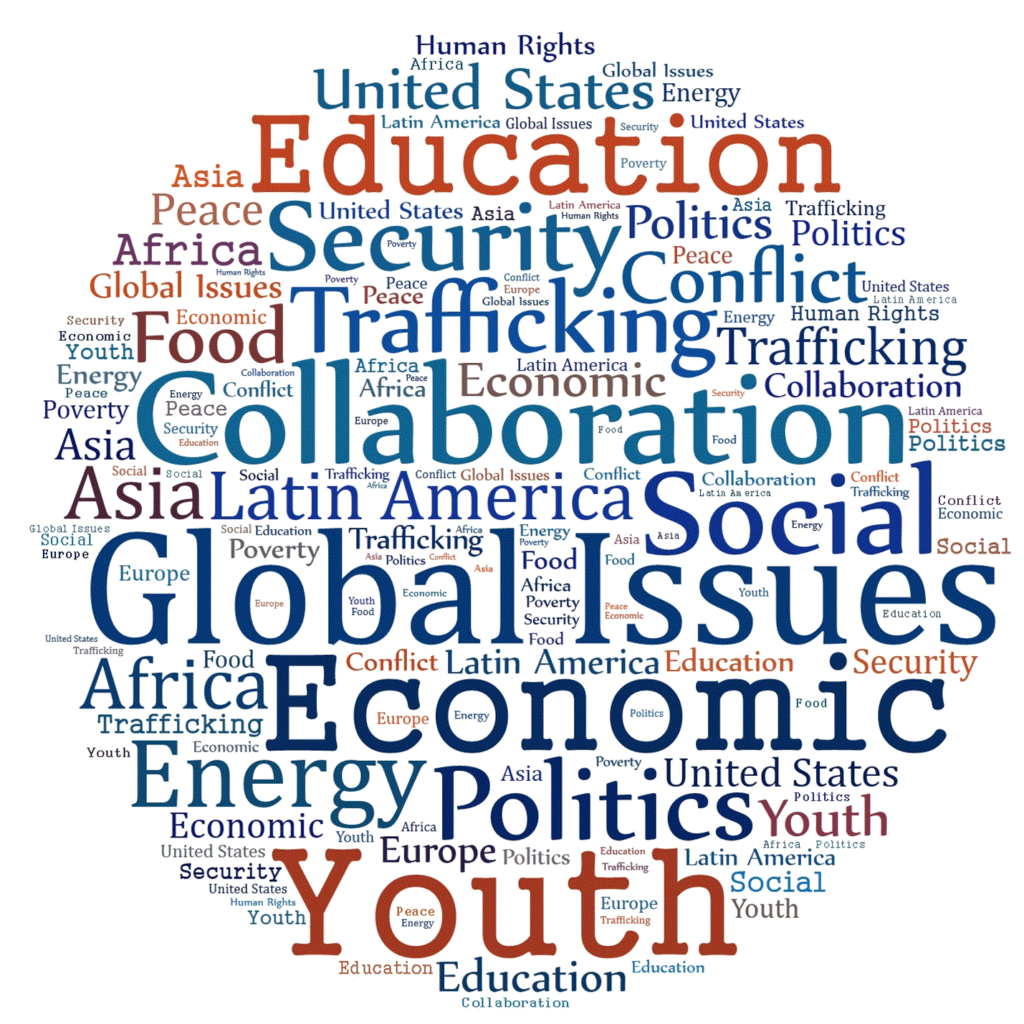
How the President Derailed the Government’s Infectious Disease Programs
When it comes to protecting the public health of Americans, Trump’s actions have been unfailingly consistent. Since the day he took office, Trump has worked tirelessly to limit funding, dismantle teams of experts, and interrupt nearly any strategic-planning initiative necessary to defend the country against the type of inevitable biological assault that we are now facing.
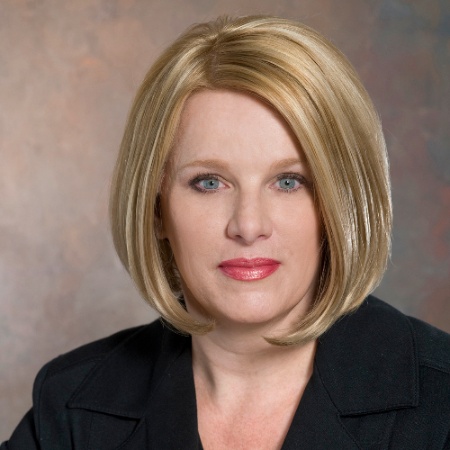
When it comes to protecting the public health of Americans, Trump’s actions have been unfailingly consistent.
Viruses are infinitely more abundant than humans, and the President knows so little about infectious disease that, recently, during a news conference in which he named Vice-President Mike Pence as his coronavirus czar, Trump acknowledged that he was shocked to learn that influenza kills between roughly thirty to seventy thousand people a year in the United States. Trump proclaimed that, to anyone who was listening, while standing next to Anthony S. Fauci, who, as the director of the National Institute of Allergy and Infectious Diseases for decades, has been the government’s most prominent and reliable authority on subjects ranging from AIDS to SARS, Ebola, and influenza. Fauci is a professional and discreet man, but the look on his face could not hide his dismay at hearing the President brag that he knows nothing about the diseases that constantly threaten the people he was elected to lead.
Neither warnings about future biological threats or evidence of those that we have already faced, such as SARS, MERS, and Influenza have prevented the Trump Administration’s desire to end health programs designed to protect the public. Less than a month ago, and weeks after COVID-19 had been recognized as a virus with pandemic potential, the Administration proposed a budget that called for the Department of Health and Human Services to cut twenty-five million dollars from the Office of Public Health Preparedness and Response, and also eighteen million dollars from the Hospital Preparedness Program. Most notably, the Administration is also attempting to cut more than eighty-five million dollars in funding for the National Center for Emerging and Zoonotic Infectious Diseases. Zoonotic diseases such as COVID-19, SARS, and MERS are caused by viruses that jump from animals to humans. Novel viruses are particularly threatening because we have no antibodies to defend against them.
On those occasions when the White House has earmarked small amounts of money for global health security, it has taken those funds from other essential programs. (In 2019, for example, the Administration cut fifty-eight million dollars from the basic U.S. AIDS funding mechanism, the Ryan White program, to add funds for the opioid epidemic.) Fighting epidemics is not a zero-sum game; you cannot ignore one to defend against another.
In 2018 the Trump Administration fired the government’s entire pandemic-response chain of command, including the White House management staff. In fact, one of John Bolton’s first acts, upon becoming the national-security adviser, was to dismiss the National Security Council’s global health team, led by Rear Admiral Timothy Ziemer, a widely respected public-health expert. A new outbreak of Ebola was declared in Congo on May 8, 2018, his last day in office. He has not been replaced.
That same year, the Trump Administration began to tear down a foreign-disease-surveillance program that the Obama Administration had established in response to outbreaks of Ebola in Africa. That program serves as an early-warning system for detecting global pandemic threats, and it helped limit the extent of the 2017 Ebola outbreak in Congo, which, along with China, was one of the countries that the Trump Administration decided it’s no longer necessary to monitor.
The Trump Administration’s response has been both remarkable and unsurprising. Vice-President Pence, the man now in charge, has a well-documented history of scientific denialism. The public-health action that he is best known for occurred in 2015, when he was the governor of Indiana. Facing the worst H.I.V. outbreak in that state’s history, which was being spread by intravenous-drug users, Pence rejected federal health officials’ advice to introduce a clean-needle exchange program. It wasn’t until more than two months later, during which time the epidemic became much more serious, that he finally authorized a program. Does his past history of failure with a Pandemic issue worry you?
When it comes to protecting the public health of Americans, Trump’s actions have been unfailingly consistent. Since the day he took office, Trump has worked tirelessly to limit funding, dismantle teams of experts, and interrupt nearly any strategic-planning initiative necessary to defend the country against the type of inevitable biological assault that we are now facing.

Medical Care and the Health Risks Forced Upon Women by Abortion Bans
Between a Rock and a Hard Place Much of the political debate about abortion in America focuses on abortions performed late in pregnancy, but the overwhelming majority of them occur in the first trimester. Forty-three percent of all abortions occur in the first six...

Myth: Universal Healthcare in America Would be Very Expensive
Myth: Universal Healthcare in America Would be Very Expensive Healthcare is like education: everybody needs it, regardless of their budget, but it’s expensive. That’s why all advanced economies, except the United States, fund it through taxation. Julianna Truesdale...

The more steps you and your family can take to prevent the spread of COVID-19, the safer you and your loved ones will be.
Mask Up! Many People With COVID-19 Do Not Know They Have It!Your Loved One Could Become Seriously Sick or Die from COVID-19Julianna TruesdaleWhy is it important to wear a mask around my relatives? COVID-19 cases and deaths are rising across...
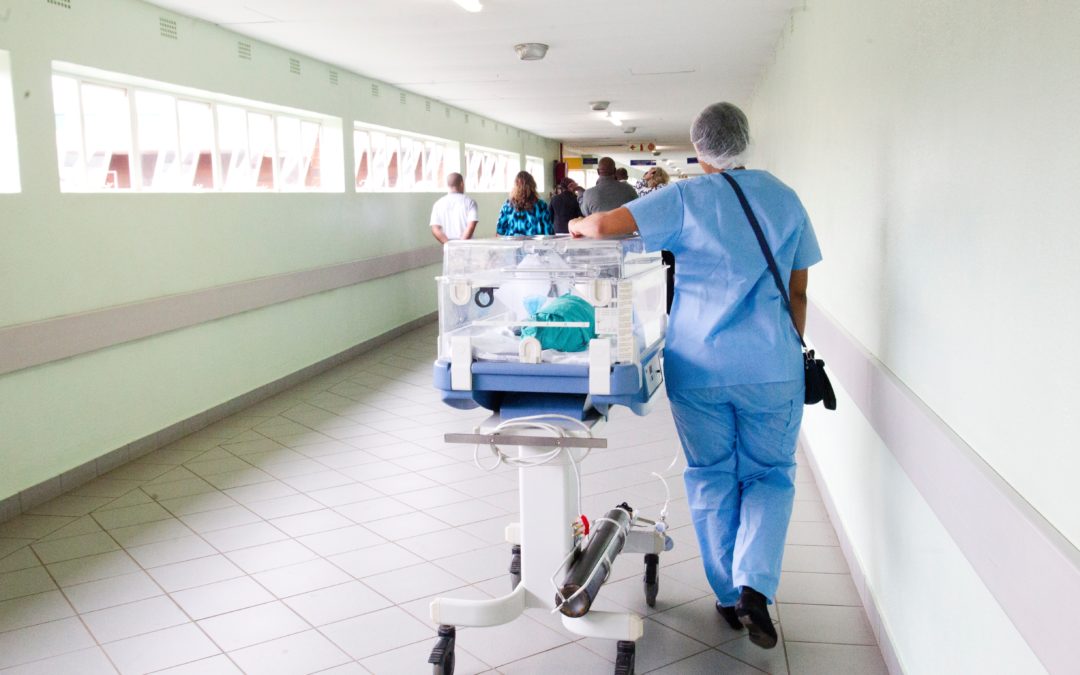
Do you know why United States Healthcare costs are so high?
Do you know why United States Healthcare costs are so high? Julianna Truesdale Americans have reached a new high in support for having presidential elections based on the popular vote instead of the Electoral College. While most Americans –...
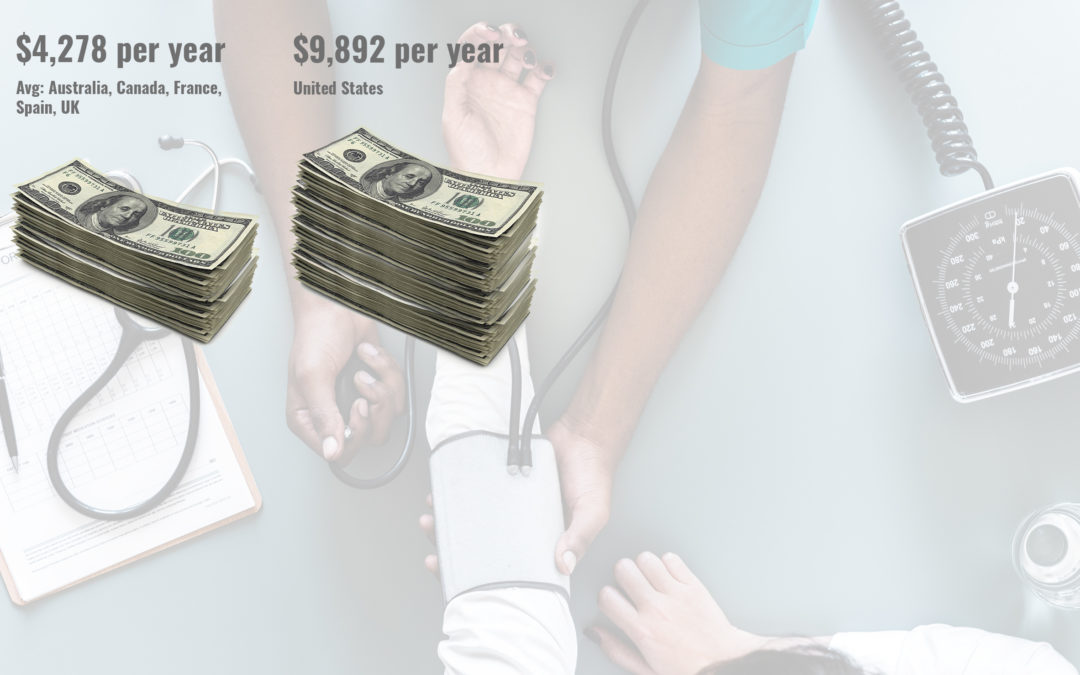
Americans Pay Almost Double for Health Care
The United States has the most expensive health-care system in the world, but when comparing our population health with our international peers we have poor health outcomes.
